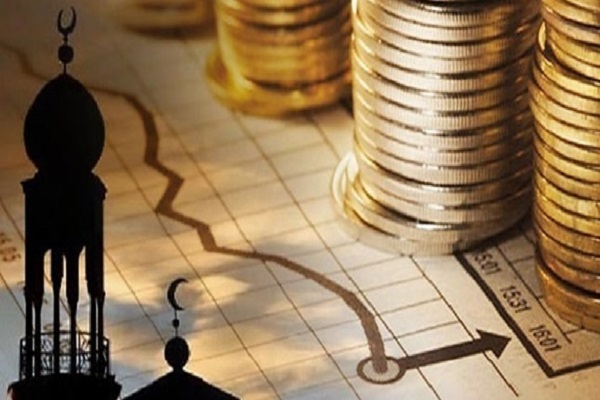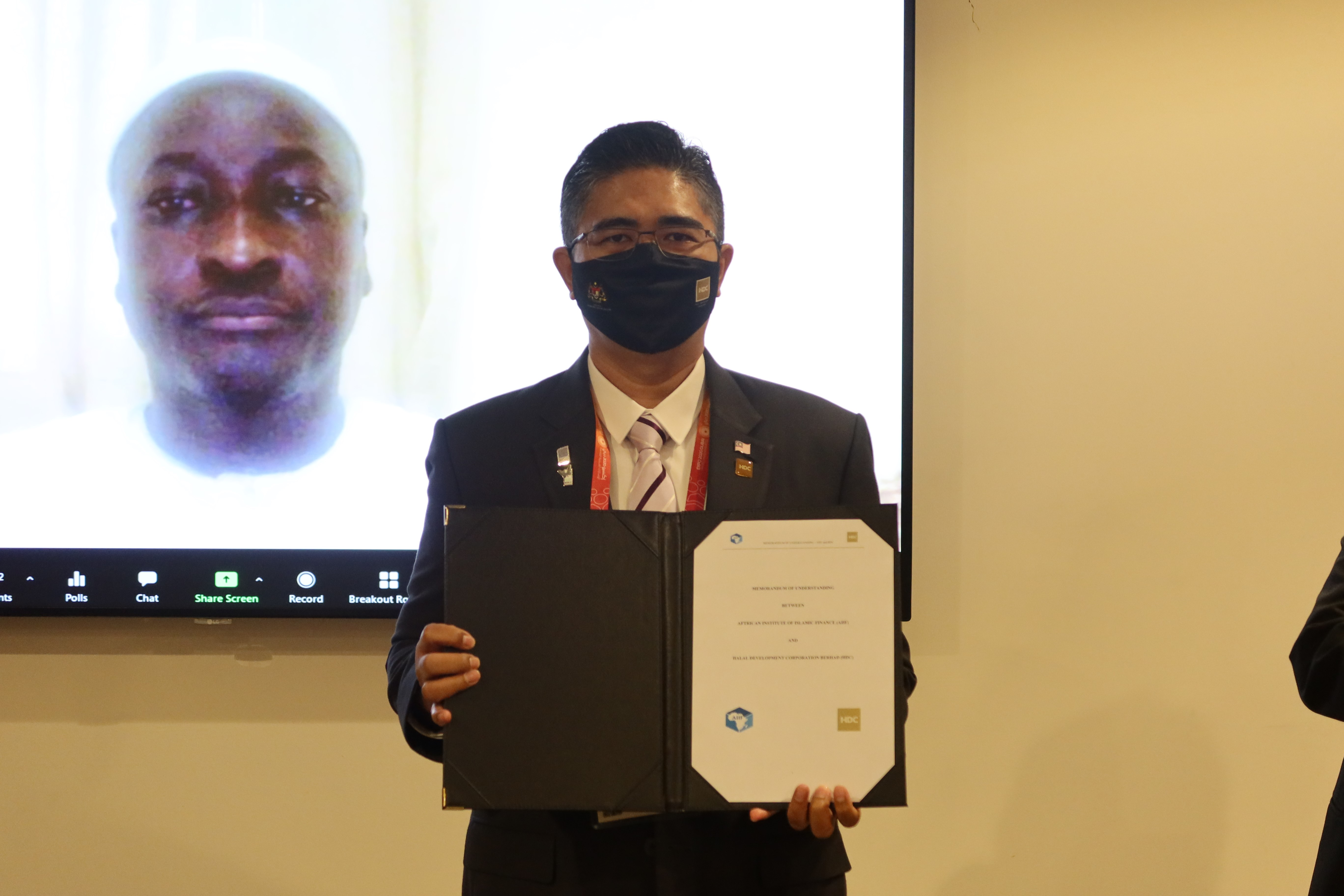
His Excellency Sultan bin Saeed Al Mansouri, UAE Minister of Economy and Chairman of Dubai Islamic Economy Development Centre (DIEDC), today announced that the Islamic economy generates 8.3 per cent of Dubai’s GDP, according to Dubai Statistics Centre, a strategic partner of DIEDC. He shared the statistics, mapping the contribution of key sectors – Islamic finance, manufacturing and trade – while chairing the second meeting of DIEDC’s Board of Directors in 2018.
The contribution of the Islamic economy to Dubai’s GDP increased from 7.6 per cent in 2014 to 8.3 per cent in 2016, registering a growth rate of 14 per cent. In 2016, Islamic economy sectors contributed AED32.77 billion, compared to AED32.21 billion in 2015 and AED28.78 billion in 2014.
His Excellency Sultan bin Saeed Al Mansouri said: “These results speak volumes not only in terms of the development of the Islamic economy in Dubai, but also the success of the UAE’s sustainable development drive as part of its post-oil economy vision. We are keen to boost productive sectors and develop strategies that encourage responsible investment, entrepreneurship and innovation.”
He stressed that the Dubai: Capital of Islamic Economy initiative achieved success just one year following its launch in 2013 by His Highness Sheikh Mohammed bin Rashid Al Maktoum, Vice President and Prime Minister of the UAE and Ruler of Dubai.
His Excellency Sultan bin Saeed Al Mansouri attributed the achievements to DIEDC’s partners, their commitment to implementing the Centre’ initiatives, and their contributions to the development of an institutional framework that stimulates the growth of the Islamic economy and facilitates the development of halal industry standards. Specifically, he thanked Dubai Statistics Centre for its cooperative role as a strategic partner of DIEDC.
He said: “Our goal of increasing the contribution of Islamic economy sectors to the national GDP by 2021 is well within our reach as long as we continue to implement our strategy on schedule and in productive cooperation with all local and international partners. Dubai is already enroute to leading several global Islamic economy indicators by 2021.”
His Excellency Sultan bin Saeed Al Mansouri noted that the increased contribution of the Islamic economy to the GDP is the outcome of two factors. The first factor is the growth of key sharia-compliant sectors that goes hand in hand with increased trust in Dubai and the wider UAE as global references for the Islamic economy. Secondly, the impact of the Islamic economy culture on conventional sectors and greater awareness of the focus of Islamic economic standards on achieving sustainable development have attracted more investors to the field.
During the meeting, DIEDC’s Board of Directors also reviewed a study of the Islamic economy’s contribution to Dubai’s GDP, prepared by Dubai Statistics Centre. The study was based on various indicators including the number of establishments active in the Islamic economy, index of production, intermediate consumption, and VAT index, as well as performance indicators of UAE-based halal companies.
According to the study, Islamic finance boosted its contribution from 22.2 per cent in 2014 to 24.7 per cent in 2015 to reach 26.3 per cent in 2016. The halal food sector accounted for 62.4 per cent in 2016, while modest fashion amounted to 25.7 per cent. Halal industries commanded a 94.5 per cent share of domestic trade in 2016, with halal food representing 58.7 per cent and halal pharmaceuticals and cosmetics making up the remaining 41.3 per cent.
Initiatives are on track
Presenting an overview of DIEDC’s strategic updates for Q1 2018, His Excellency Essa Kazim, Secretary General of DIEDC, said: “Most of the initiatives we have designed in collaboration with our strategic partners are well on track. The first quarter witnessed concerted efforts to establish Dubai as a global benchmark for innovation in the Islamic economy. Significant among these are the second edition of FinTech Hive and the launch of the Fiqh Forum, an international innovative platform for Islamic economy products, that represent pivotal steps in the development and globalisation of Islamic economic standards.”
He outlined the most notable achievements of the Centre in Q1 2018, including the signing of several cooperation agreements and memorandums of understanding (MoUs). These partnerships aspire to export the Dubai: Capital of Islamic Economy model to other countries seeking to attain sustainable financial stability and stimulate responsible investments in their markets to achieve their development goals while preserving human and environmental health and safety, security and community stability.
His Excellency Essa Kazim highlighted two MoUs DIEDC signed with the Republic of Tatarstan, represented by the Group of Strategic Vision ‘Russia-Islamic World’, and the Republic of Turkmenistan, represented by The State Bank for Foreign Economic Affairs of Turkmenistan. The collaborations align with the responsible investment strategies that have been adopted lately by various countries aiming to sustain their wealth.
Unifying halal standards globally
Reviewing the milestones to date of the International Halal Accreditation Forum (IHAF), an independent network of halal accreditation bodies that consolidates accreditation practices among its members to achieve multilateral recognition in facilitating halal trade among its members, His Excellency Abdulla Mohammed Al Awar, CEO of DIEDC, noted that IHAF increased its membership from 10 entities in 2016 to 19 in 2017 and registered 29 in 2018. He praised the success of the initiative in attracting the world’s most productive halal export markets, led by the US, Brazil, Argentina, Australia and New Zealand, and the markets of the Organisation of Islamic Cooperation (OIC) member countries, that spend the most on halal products. These include Saudi Arabia, Egypt, Indonesia, Pakistan, Algeria, Morocco and Nigeria.
His Excellency Abdulla Mohammed Al Awar stressed that DIEDC is coordinating with Emirates Authority for Standardization and Metrology (ESMA) and IHAF’s members to attract more accreditation bodies from other countries and work towards unifying halal standards globally.



